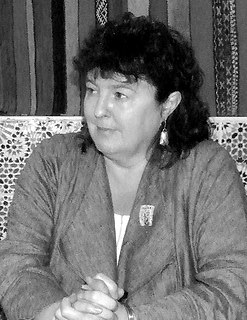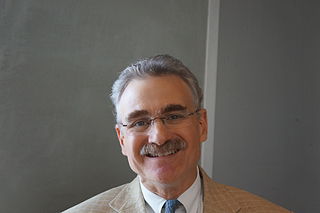A Quote by David Crystal
Likewise, there is no evidence that texting teaches people to spell badly: rather, research shows that those kids who text frequently are more likely to be the most literate and the best spellers, because you have to know how to manipulate language.
Related Quotes
Filmmaking materials are in the hands of more people now than ever before. I would like to think that the more people have these tools, the more people will learn how to use them, it's another argument I would argue for, personally, for art's education. Because there are kids who aren't that literate in screen language and they've got to know how people select shots, how people edit audio, how people combine things to make what they see on the screen. It would be like the 15th century or the 16th century in Germany, and somebody amends a printing press and you don't know how to read and write.
I feel like the best kids shows aren't just for kids. The best kids shows have something in it for everyone. As you grow up, you're increasingly proud to be a fan of the show, rather than getting to an age where you suddenly become embarrassed that you ever liked it because it's only for seven-year-olds.
Texting is incredibly anxiety-laden, but I know people who will have a full-blown panic attack if you call them. I'm one of those nightmare humans where the little mailbox has an ellipsis on it because I have 1000 unread emails. So texting is the most immediate yet least anxious of all the incredibly anxious ways that we talk to each other.
Most English speakers do not have the writer's short fuse about seeing or hearing their language brutalized. This is the main reason, I suspect, that English is becoming the world's universal tongue: English-speaking natives don't care how badly others speak English as long as they speak it. French, once considered likely to become the world's lingua franca, has lost popularity because those who are born speaking it reject this liberal attitude and become depressed, insulted or insufferable when their language is ill used.
Religion is much more than language, but to be Christian does mean speaking Christian for most people. The language many of us use has contributed to the crisis in Christianity in North America. Traditional Christian language is becoming less familiar to millions of people. The language is frequently misunderstood by people.
Many liberals believe in God; many conservatives do. What matters is not whether people believe in God but what text, if any, they believe to be divine. Those who believe that He has spoken through a given text will generally think differently from those who believe that no text is divine. Such people will usually get their values from other texts, or more likely from their conscience and heart.
I did a couple of writing seminars in Canada with high school kids. These were the bright kids; they all have computers, but they can't spell. Because spell-check won't [help] you if you don't know through from threw. I told them, "If you can read in the 21st century, you own the world." Because you learn to write from reading.
The discourse on the Text should itself be nothing other than text, research, textual activity, since the Text is that social space which leaves no language safe, outside, nor any subject of the enunciation in position as judge, master, analyst, confessor, decoder. The theory of the Text can coincide only with a practice of writing.



































